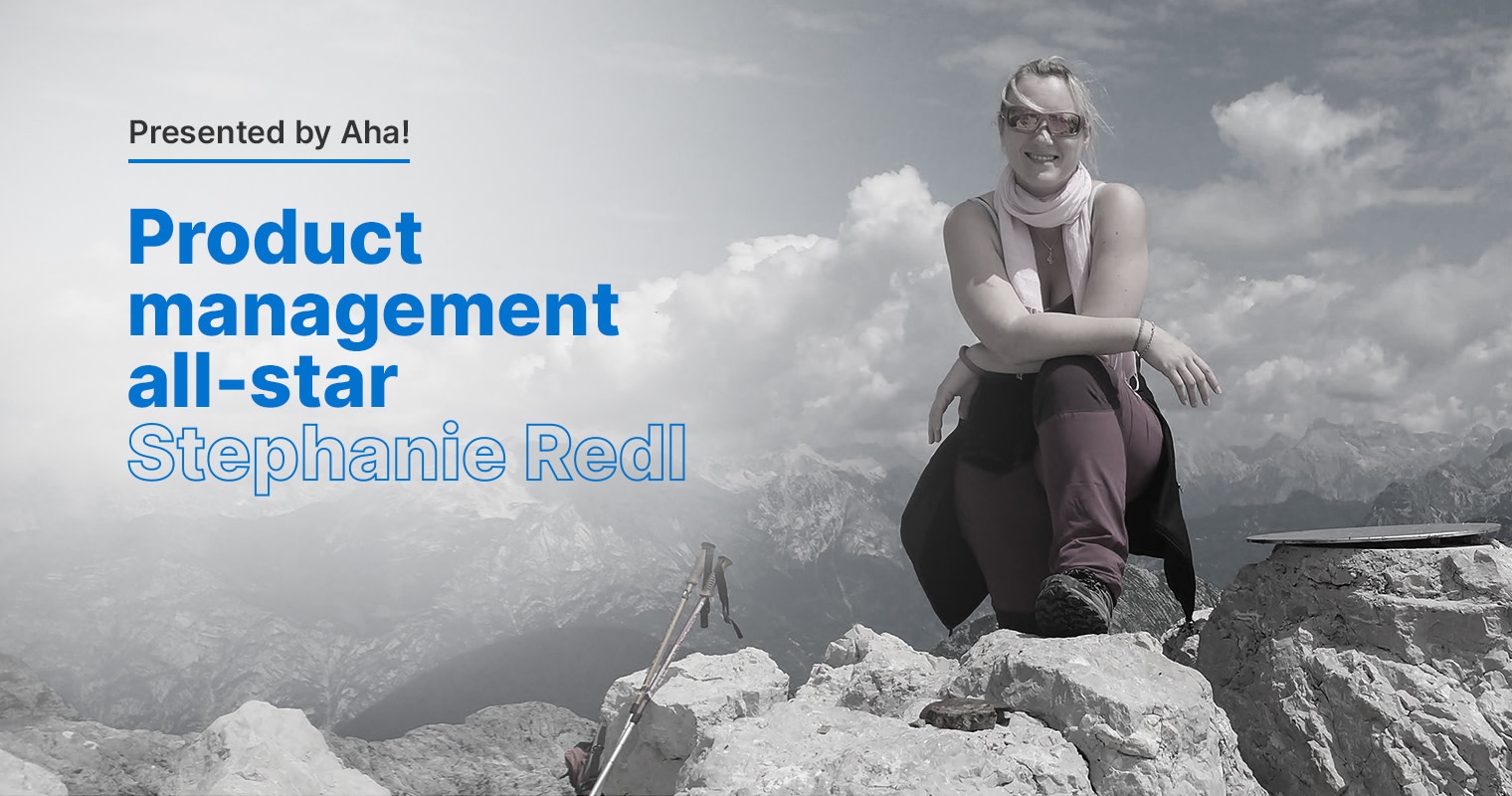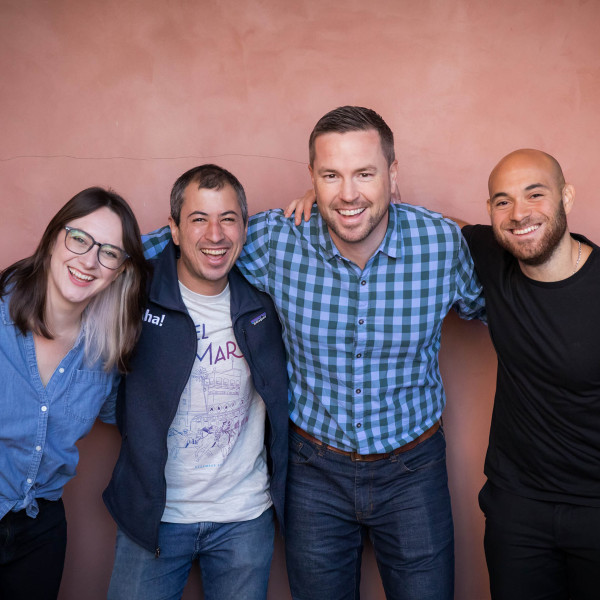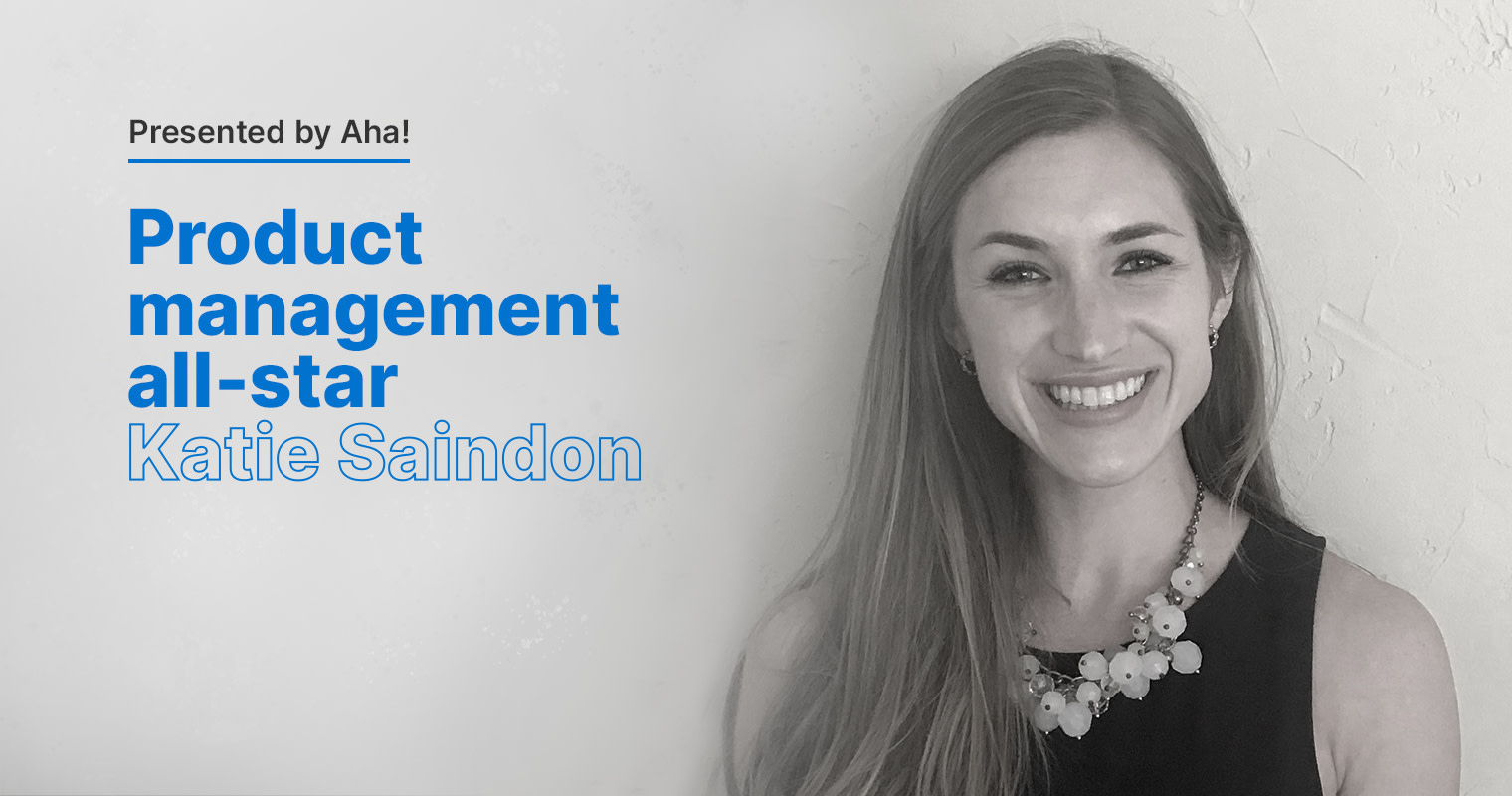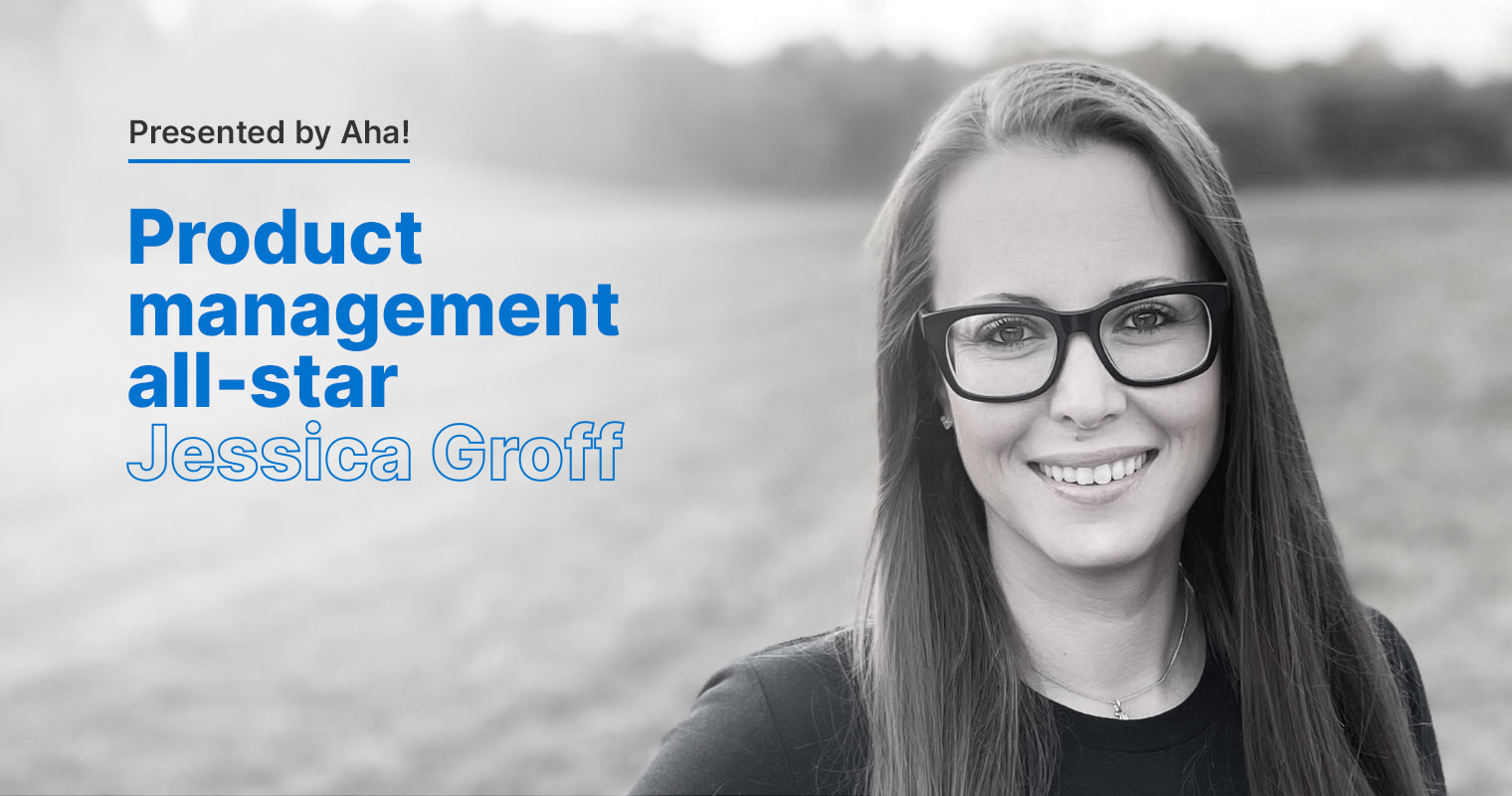
Product Management All-Star: 6 Questions With Stephanie Redl
We have the best job in the world — Aha! builds software for software builders. And we are connected with people you should know. The folks who are building what is next for customers around the world. So we are asking exceptional product managers who are shaping the future to share their knowledge with you.
Based in Leipzig, Germany, Stephanie Redl has 10 years of experience in product management and currently leads the Office of Product Management at Descartes. She sets standards, determines best practices, and identifies tools to help their 60 product managers around the globe drive success.
When she is not leading the product management department, Stephanie enjoys reading, playing piano, knitting, gardening, and caring for her 8-month-old son.
When did you learn product management existed?
"I studied Business Information Systems — the connection between IT and business. During my master thesis, I delivered a project from top to bottom. I researched the requirements, determined how software could help conquer the challenges, implemented it, tested it, and documented it. I loved empathizing with the problem space and designing a solution. When I learned this is exactly what a product manager does, I knew I had found my passion."
What was your first product job?
"I started as a product manager for an e-commerce ERP system in Germany called pixi. In the first year, I mostly focused on learning the software and writing documentation. I worked closely with the development team to help them implement all the details.
I grew into prioritizing features myself, creating a strategy for the product, and managing the backlog for up to 40 developers. It was a tough job but it taught me a lot about time management and how important it is to connect with people all around the team — not just R&D but also customer support, sales, and professional services."
What is the most important trait for a product manager?
"If I have to name just one, then it is definitely being a cheerleader for your product. If you are able to communicate your vision and all the awesome features of your product to the team and the customers, you get much better traction. Your enthusiasm encourages the whole team to bring their very best to work. They will find joy in correcting bugs and finding ways to improve user experience, customer workflows, and value. If you cannot connect with the team, you are alone and will not be able to advance the product and make customers happy."
What would you recommend a new product manager not do?
"Do not pretend you know it all. Be humble and get to know the team and the product first. Take the time to dive in and then confidently present your plan. If you act too fast, you may lose your team's trust and will have a harder path forward as you work to win them back.
If you are completely new to the role, I suggest circling through all departments for a few days. Really do their work so that later on you can imagine yourself being in their shoes and can better communicate and empathize."
If product management had a slogan, what would it be?
"I read a very relatable one years ago: 'Product management is easy — it's like riding a bike. Except the bike is on fire, you’re on fire, everything is on fire, and you’re in hell.' It is a challenging job, but it is one of the most rewarding if you are doing it right. You have the privilege of creating amazing new things, making people’s lives easier, and helping others to succeed.
Years ago, a customer said to me: 'We haven’t been on vacation for many, many years. Now that we bought your product, we actually finally did it — two weeks of sun on the beach and no nagging thoughts that the business might get in trouble because we know that everything is running smoothly.'"
What will change most about managing products in 2030?
"I think we will see a shift in the development of products, not so much in managing them. There will be more tools for automation and tasks such as analyzing user behavior. There will definitely be more traction on the no-code and low-code development. Suddenly it will be just a few days from idea to prototype, allowing new products to surface in a short time and drastically reducing time-to-market. Product managers will have to work even closer with their customers to stay on top of the competition."
Build products like you always wanted. See for yourself — start a free 30-day trial.




